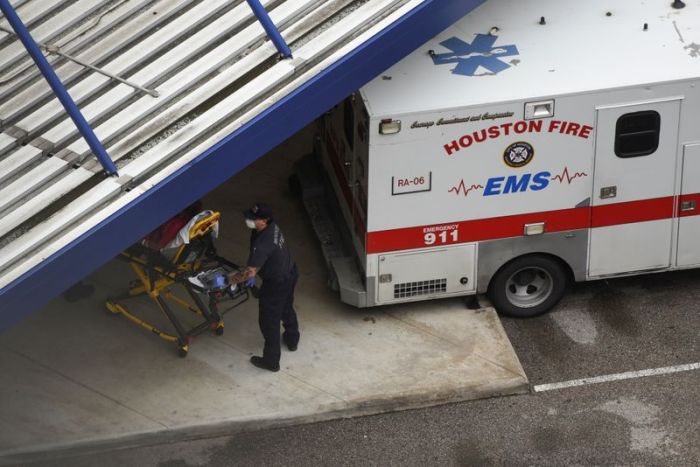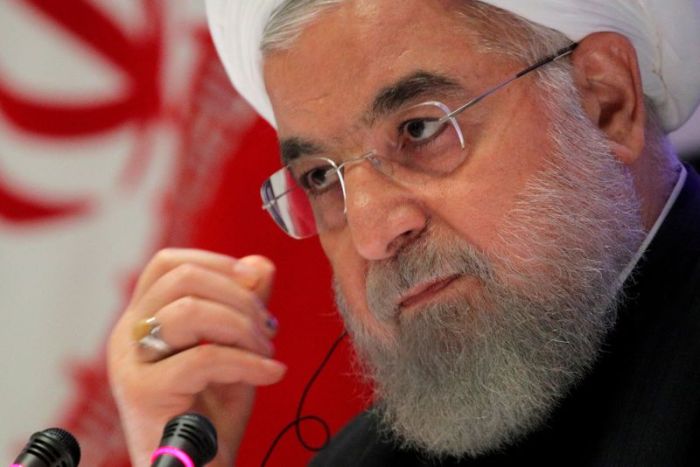NEW YORK (Reuters) – Oil futures slipped on Tuesday as the market braced for reports expected to show swelling U.S. crude inventories, which pulled prices back off the highest levels since before the coronavirus pandemic slammed fuel demand.
Prices rose early, after U.S. President Donald Trump wrote in a tweet late Monday that the trade agreement with China was “fully intact”. Markets had been unsettled by surprise comments from White House trade adviser Peter Navarro that the hard-won deal with China was “over”.
But crude benchmarks declined in afternoon trade on expectations U.S. inventories will hit a record high for a third week in a row, undermining recent bullishness among investors.
Brent futures fell 45 cents, or 1.0%, to settle at $42.63 a barrel, while U.S. West Texas Intermediate (WTI) crude fell 36 cents, or 0.9%, to $40.37.
Oil extended losses in post-settlement trade after U.S. crude inventories rose by a much bigger than expected 1.7 million barrels last week, according to the American Petroleum Institute, an industry group. That compares with analysts’ expectations for a 300,000-barrel build. U.S. government data will be released on Wednesday. [API/S] [EIA/S]
Earlier in the day, both contracts traded at their highest since prices collapsed on March 6 after the Organization of the Petroleum Exporting Countries (OPEC) and allied producers, including Russia, failed to agree on production cuts. Prices tumbled even further when the pandemic slashed fuel demand.
“It appears we ran into some technical resistance after closing the March 6 gap … and then we saw some profit taking,” said John Kilduff, partner at Again Capital LLC in New York.
U.S. crude stocks rose to 539.3 million barrels in the week to June 12, an all-time high, and are expected to have increased by 300,000 barrels in the week to June 19, according to a Reuters poll. [EIA/S]
Also weighing on crude prices, analysts said the market was unimpressed with purchasing managers reports in the United States, which showed the country’s rebound from coronavirus-depressed levels was not as sharp as in Europe.
(Additional reporting by Ahmad Ghaddar in London, Jessica Jaganathan in Singapore and Aaron Sheldrick in Tokyo; Editing by David Goodman, David Gregorio and Tom Brown)
























